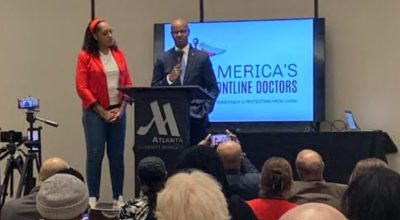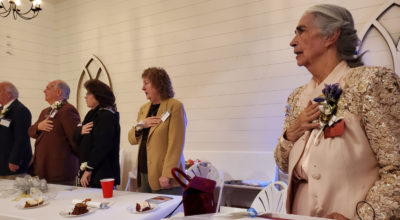
At least the Tennessee Supreme Court recognizes merit in my application for review brief. Highlighted in the first row, the justices or a justice has checked out the record meaning they have requested the file that has all the hard copy pleadings, motions, orders, and transcripts.
By John Gentry
Most of the cases denied application to the Supreme Court, the justices don’t even bother to look at the record, and just deny based on the application alone.
Included in that record is the falsified counterfeit evidence tendered to the trial court by the Defendant Speakers and Clerks of the House and Senate by and through their corrupt counsel, Deputy Attorney General Janet Irene M. Kleinfelter, as well as evidence that Kleinfelter blatantly made false statements to the court.
Criminal conduct that as of yet remains unchecked, despite my repeated and respectful protests.
As affirmed by the Tennessee Court of Appeals, there is not a judge or justice in the entire state of Tennessee qualified to hear my case due to conflict of interest, because I have demanded in remonstrance to both houses, reform of our largely corrupt judiciary, and impeachment of the Chief Justice of the Tennessee Supreme Court, as well as impeachment of the entire Tennessee Court of Appeals.
In my application I reminded the justices, that because they have interest in the case not to be reformed or impeached, they must obtain consent of all the parties as required in our beloved Tennessee Constitution.
The justices either have to obtain my consent before granting or denying my Application, or they have to violate the Tennessee Constitution, by proceeding without consent of the parties.
Pursuant to Tennessee Constitution, Article IV, Section 11.
No judge of the Supreme or Inferior Courts shall preside on the trial of any cause in the event of which he may be interested, …, except by consent of all the parties.
In case all or any of the judges of the Supreme Court shall thus be disqualified from presiding on the trial of any cause or causes, the court or the judges thereof, shall certify the same to the governor of the state, and he shall forthwith specially commission the requisite number of men, of law knowledge, for the trial and determination thereof.
The Legislature may by general laws make provision that special judges may be appointed, to hold any courts the judge of which shall be unable or fail to attend or sit; or to hear any cause in which the judge may be incompetent.
If the court grants review, and they must, or they are in violation of their oaths to support the constitution, I will move the Court to certify to the governor to appoint a Special Supreme Court to hear my case.
John A Gentry is a CPA who lives in Goodlettsville, Tenn., and for the past two years has developed statewide a broader understanding of the rights of address and remonstrance in the Tennessee bill of rights.


